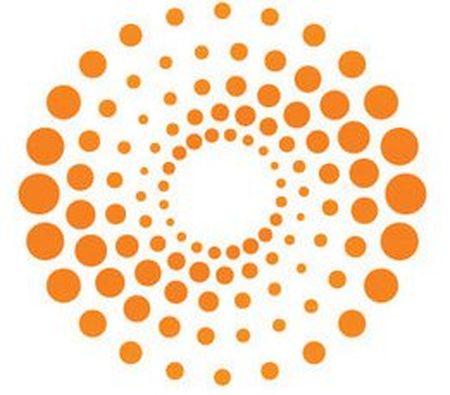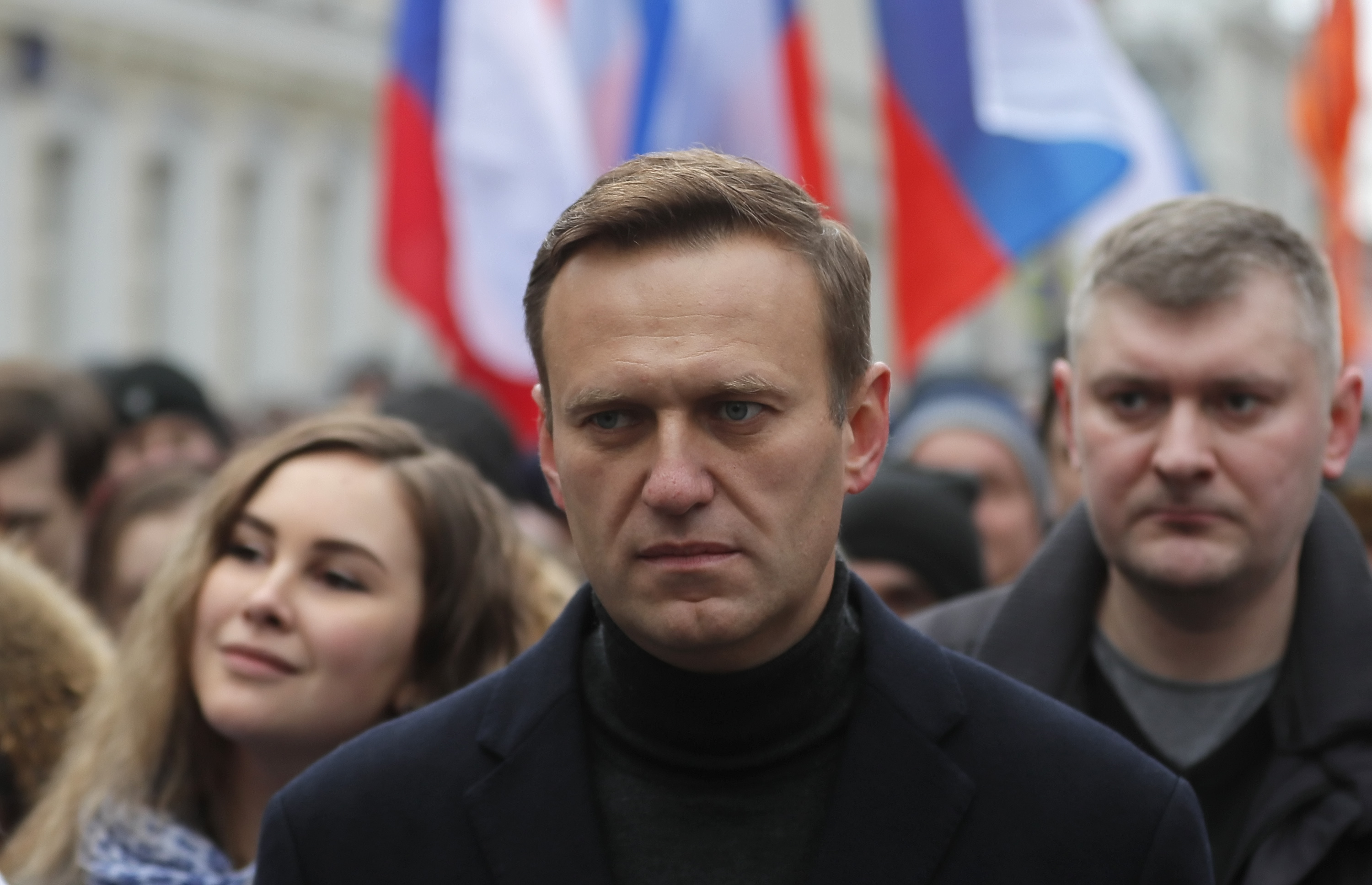Government spokesman Steffen Seibert also said samples taken from the opposition politician, who is currently being treated in Berlin, had also been sent to the Organisation for the Prevention of Chemical Weapons (OPCW) in The Hague for tests in their labs.
Army doctors at Berlin's Charite hospital, to which Navalny was evacuated after taking ill on a flight over Siberia last month, were the first to say he had been poisoned with Novichok. Navalny awoke from a coma last week.
"Independently of the OPCW's investigations, three laboratories have now independently identified a military nerve agent as the cause of Mr. Navalny's poisoning," Seibert said.
Russia says it has seen no evidence that Navalny was poisoned.
The poisoning has brought tensions between Russia and Germany to new heights, fuelling calls for the Nord Stream 2 pipeline, a Kremlin flagship project to bring Russian gas direct to Germany under the Baltic Sea, to be scrapped.
"We renew our call for Russia to explain these events," Seibert said on Monday. (Reporting by Thomas Seythal and Thomas Escritt; Editing by Maria Sheahan)





 epa08613842 (FILE) - Russian opposition leader and anti-corruption activist Alexei Navalny (C) takes part in a memorial march for Boris Nemtsov marking the fifth anniversary of his assassination in Moscow, Russia, 29 February 2020 (reissued 20 August 2020). Navalny?s spokeswoman Kira Yarmysh said on social media on 20 August that the opposition leader and staunch critic of President Vladimir Putin was taken to hospital for alleged poisoning after he started feeling unwell during a flight from Siberia to Moscow. The plane made an emergency landing in the city of Omsk. EPA-EFE/YURI KOCHETKOV
epa08613842 (FILE) - Russian opposition leader and anti-corruption activist Alexei Navalny (C) takes part in a memorial march for Boris Nemtsov marking the fifth anniversary of his assassination in Moscow, Russia, 29 February 2020 (reissued 20 August 2020). Navalny?s spokeswoman Kira Yarmysh said on social media on 20 August that the opposition leader and staunch critic of President Vladimir Putin was taken to hospital for alleged poisoning after he started feeling unwell during a flight from Siberia to Moscow. The plane made an emergency landing in the city of Omsk. EPA-EFE/YURI KOCHETKOV